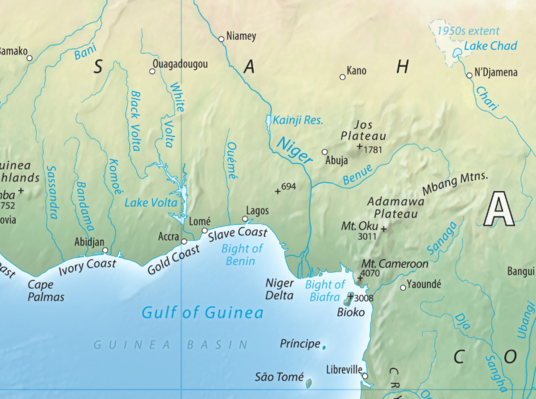
P184_Ethiopia_Nigeria_Uganda
Advancing the Rights and Reintegration of Internally Displaced Persons in Nigeria, Uganda and Ethiopia: Focus on Women and Children.
Cooperating countries: Ethiopia, Nigeria, Uganda and Austria
Coordinating institutions: Vienna University of Economics and Business, Andrea Romo Perez andrea.elizabeth.romo.perez@wu.ac.at
Partner institution: Debre Markos University, Igbinedion University, Kyambogo University
Project duration: 1 September 2025 - 31 August 2027
Budget: EUR 39.950
Abstract:
This study investigates the socio-economic barriers faced by Internally Displaced Persons (IDPs), focusing on the vulnerabilities of women and children and the challenges of rights and reintegration in Nigeria, Uganda and Ethiopia. Austria plays a crucial role in the project through the expertise of the WU Institute for Gender and Diversity in Organizations, providing leadership in research design, gender-sensitive methodologies, and policy analysis.
Using a mixed-methods approach, data is collected from 400 respondents (200 from Nigeria, 100 each from Uganda and Ethiopia) through structured surveys, focus group discussions, key informant interviews, and geospatial analysis. Participants include representatives from humanitarian agencies (e.g., National Commission for Refugees, Migrants, and Displaced Persons), Ministries of Women Affairs, relevant NGOs, and IDPs through camp-based focus groups. The intersectional analysis examines the interaction between different social identities and how these shape individuals’ experiences and their different forms of agency. The aim is for quantitative analysis to reveal the gaps in essential services, socio-economic conditions, and reintegration barriers, while qualitative methods would capture lived experiences and policy gaps. Geospatial analysis will map displacement trends and resource distribution, enhancing evidence-based recommendations. Findings will highlight critical deficiencies in housing, healthcare, education, and employment for IDPs, with women facing heightened gender-based violence and economic exclusion, and children encountering education and protection barriers. This study first contributes to IDP rights and social stability. Additionally, the partnership between Nigeria, Ethiopia, Uganda, and Austria exemplifies Sustainable Development Goal (SDG) 17 by fostering international and regional collaboration to address the global challenge of displacement. By engaging with countries directly affected by displacement, Austria gains valuable insights that can inform its own policies on migration, integration, and international aid. Furthermore, such partnerships contribute to global stability, and help address the root causes of forced migration, ultimately benefiting Austria, the affected countries and the international community.